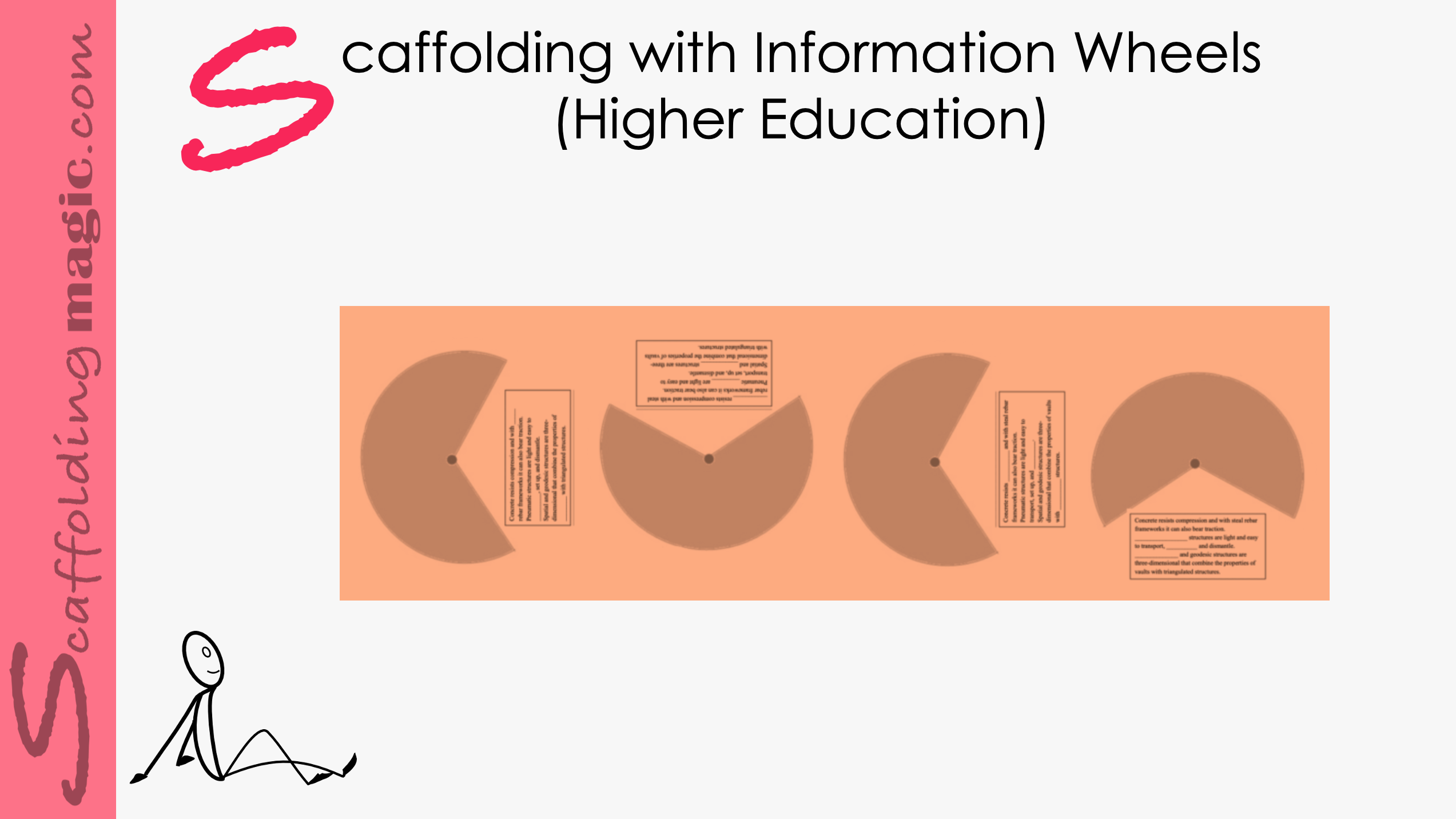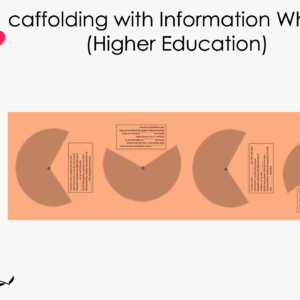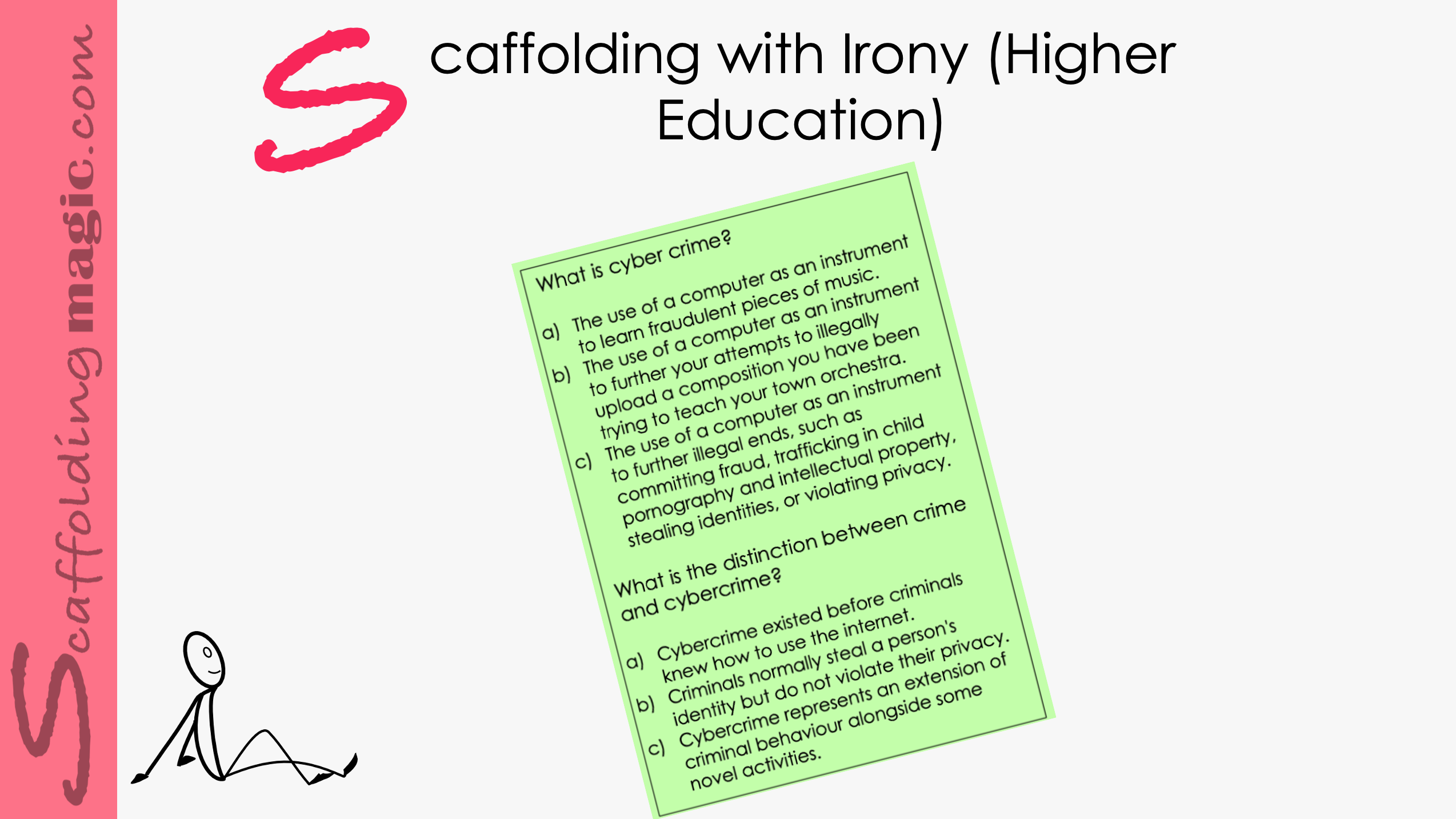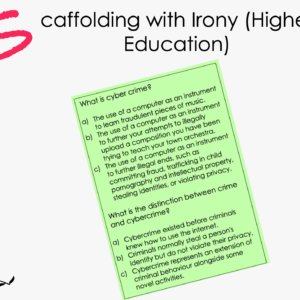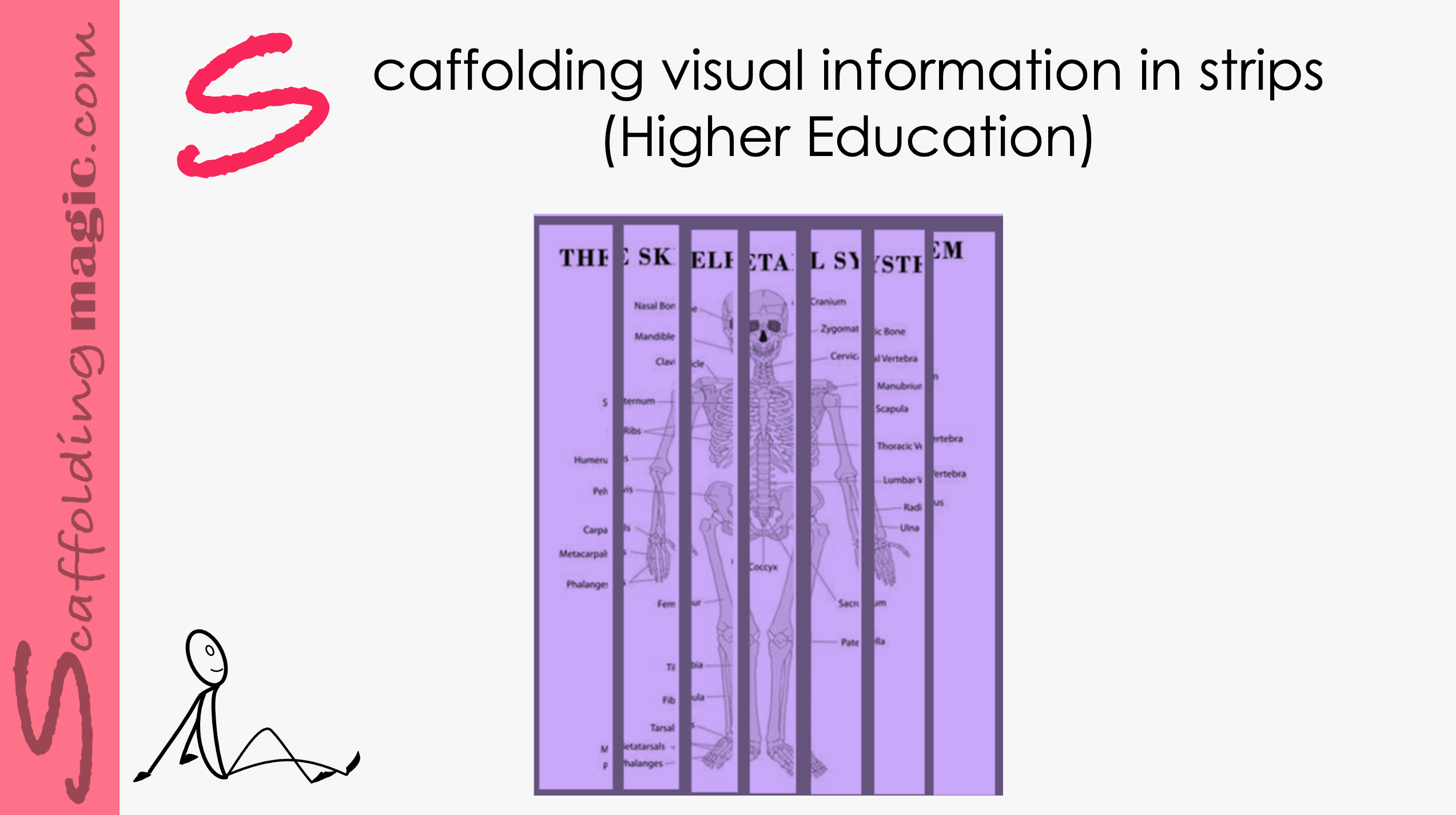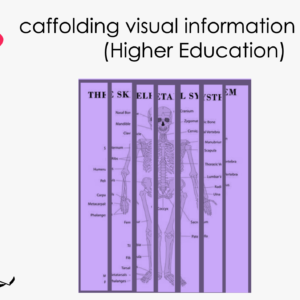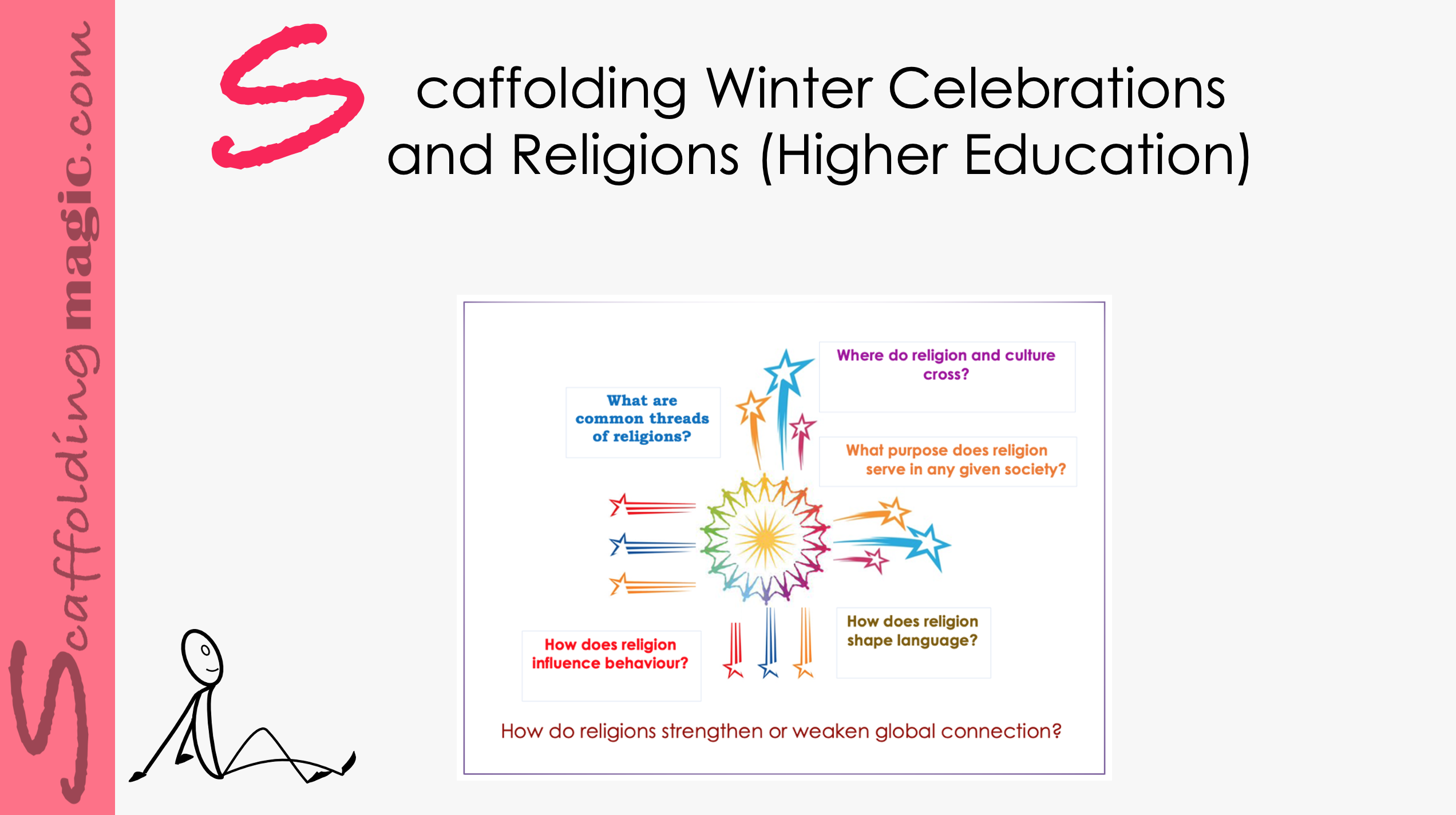Creating opportunities for our students to use academic terms and phrases while analysing, comparing, categorising, and defending their own ideas, triggered by the search for visual differences in an educational resource you’ve manipulated.
Scaffolding Academic Language by Identifying Visual Differences (Higher Education)
$5.00
Creating opportunities for our students to use academic terms and phrases while analysing, comparing, categorising, and defending their own ideas, triggered by the search for visual differences in an educational resource you’ve manipulated.
Related products
-
Higher Education ScaffoldsQuick View
Scaffolding with Information Wheels (Higher Education)
$5.00 Add to cartRated 0 out of 5 -
Higher Education ScaffoldsQuick View
Scaffolding with Irony (Higher Education)
$5.00 Add to cartRated 0 out of 5 -
Higher Education ScaffoldsQuick View
Scaffolding Visual Information in Strips (Higher Education)
$5.00 Add to cartRated 0 out of 5 -
Higher Education ScaffoldsQuick View
Scaffolding winter celebrations & religions (Higher Education)
$5.00 Add to cartRated 0 out of 5
Scaffolding with Information Wheels (Higher Education)
Using information wheels in lessons is a wonderful way of honouring our students who need to learn through kinesthetic interaction. With information wheels, your students will use deductive reasoning, negotiate meaning, activate long-term memory, and learn new subject matter, all at the same time. Because they will be interacting with information with their hands, they’ll benefit from the essential transition from social-to-exploratory-to dialogic-to presentational-and…finally…to meta learning.*
Using information wheels in lessons is a wonderful way of honouring our students who need to learn through kinesthetic interaction. With information wheels, your students will use deductive reasoning, negotiate meaning, activate long-term memory, and learn new subject matter, all at the same time. Because they will be interacting with information with their hands, they’ll benefit from the essential transition from social-to-exploratory-to dialogic-to presentational-and…finally…to meta learning.*
Scaffolding with Irony (Higher Education)
Adding humour to a lesson is always a recipe for success. Humour changes the dynamic of the class and helps students to see their lessons with a different frame of mind. This scaffold uses irony – the highest form of humour – to help make potentially dry material more inviting and accessible.
Adding humour to a lesson is always a recipe for success. Humour changes the dynamic of the class and helps students to see their lessons with a different frame of mind. This scaffold uses irony – the highest form of humour – to help make potentially dry material more inviting and accessible.
Scaffolding Visual Information in Strips (Higher Education)
When we add strategies in activities that promote critical thinking, collaboration, negotiation and prediction – all through visual means – we’ve created a powerful means of presenting new ideas to our students. This scaffold technique also includes categorisation which, according to Morton Hunt*, one of the pioneers of the study of the mind, has been proven to yield educational efficiency and helps the brain process information more fluidly.
Scaffolding winter celebrations & religions (Higher Education)
This scaffold helps educators to address the focus of multicultural winter celebrations. It encourages students to separate the dogma of celebrations and religions from the intention, to recognise traditional practices common in many religion (in other words, see the similarities), and to negotiate with their classmates the relevance (or irrelevance) of religions in the present.
This scaffold helps educators to address the focus of multicultural winter celebrations. It encourages students to separate the dogma of celebrations and religions from the intention, to recognise traditional practices common in many religion (in other words, see the similarities), and to negotiate with their classmates the relevance (or irrelevance) of religions in the present.



